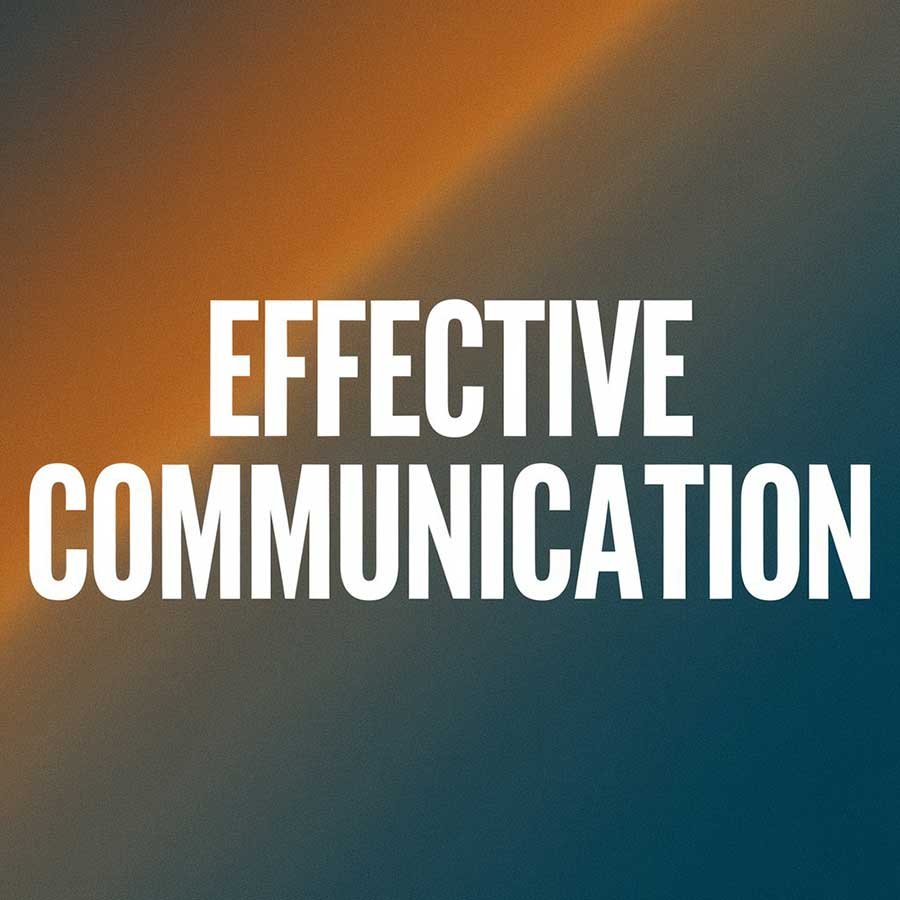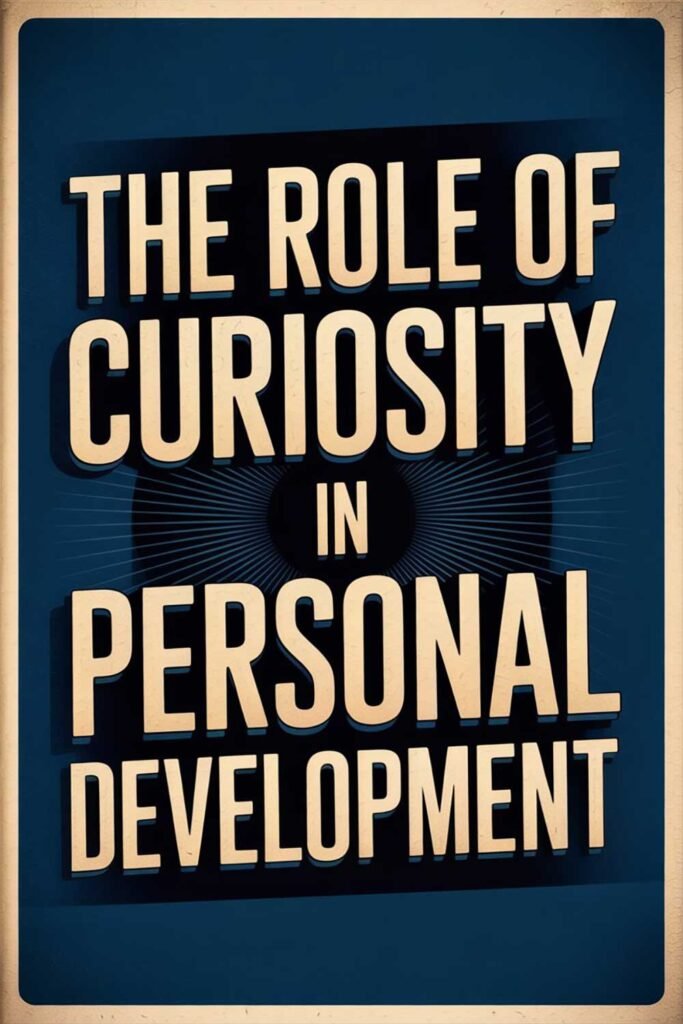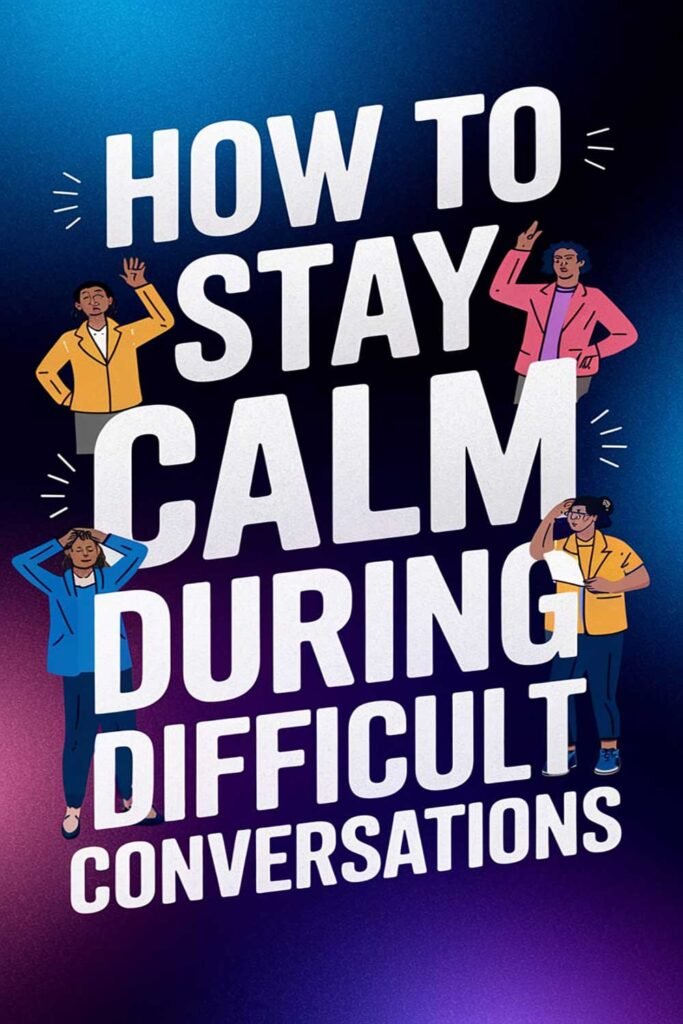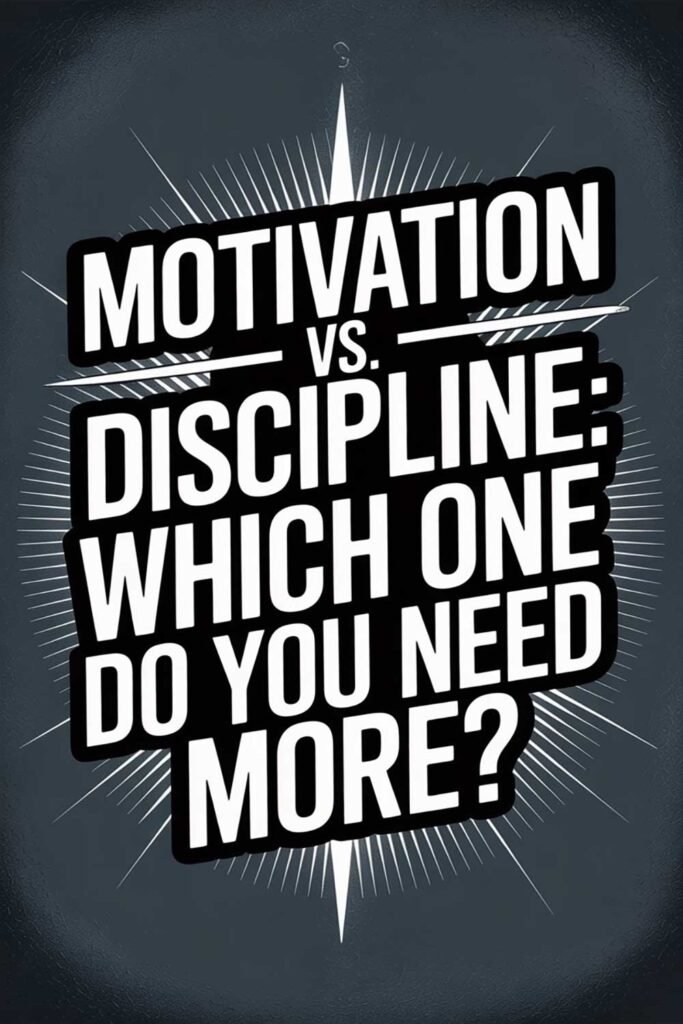
Effective Communication
Effective communication is the foundation of strong relationships, successful careers, and personal growth. It allows individuals to express their thoughts clearly, understand others, and foster meaningful connections. Whether in personal or professional settings, mastering communication can lead to fewer misunderstandings, increased confidence, and greater success. Here’s how to improve your communication skills and ensure your messages are received as intended.
1. Listen More Than You Speak
Great communicators know that listening is just as important as speaking. Active listening involves giving full attention to the speaker, processing their message, and responding thoughtfully.
Tips for Active Listening:
- Maintain eye contact and use nonverbal cues to show engagement.
- Avoid interrupting and let the speaker finish before responding.
- Reflect on what’s being said by summarizing or paraphrasing.
- Ask clarifying questions to ensure understanding.
2. Be Clear and Concise
Effective communication is about clarity. Being able to convey your thoughts and ideas in a straightforward manner prevents confusion and ensures the listener understands your message.
How to Communicate Clearly:
- Use simple language and avoid jargon when possible.
- Organize your thoughts before speaking.
- Stay on topic and avoid unnecessary details.
- Use examples and analogies to clarify complex points.
3. Understand Nonverbal Communication
Body language, facial expressions, and tone of voice play a significant role in communication. Sometimes, nonverbal cues speak louder than words.
Key Aspects of Nonverbal Communication:
- Maintain an open posture to appear approachable.
- Use appropriate facial expressions that match your message.
- Be mindful of your tone to ensure it aligns with your words.
- Observe the other person’s body language to gauge their reactions.
4. Practice Empathy and Emotional Intelligence
Empathy allows you to understand others’ feelings and perspectives, making your communication more effective and meaningful.
Ways to Improve Emotional Intelligence:
- Pay attention to others’ emotions and respond appropriately.
- Manage your emotions before reacting in conversations.
- Acknowledge others’ perspectives, even if you disagree.
- Show genuine interest in what others are saying.
5. Adapt to Different Communication Styles
People have varying communication preferences, and adjusting your approach can enhance understanding and collaboration.
Common Communication Styles:
- Assertive: Direct yet respectful, balancing honesty and empathy.
- Passive: Hesitant to express thoughts and feelings, often avoiding conflict.
- Aggressive: Domineering and dismissive of others’ input.
- Passive-Aggressive: Indirect expression of frustration, often through sarcasm or avoidance.
6. Improve Your Public Speaking Skills
Speaking in front of others, whether in meetings or social gatherings, can boost confidence and credibility.
Public Speaking Tips:
- Prepare thoroughly and practice in front of a mirror or friends.
- Use storytelling to make your message engaging.
- Control nervousness by focusing on deep breathing.
- Speak with confidence and vary your tone to maintain interest.
7. Manage Conflicts Effectively
Conflicts are inevitable, but how you handle them determines the outcome. Effective communicators resolve disagreements calmly and constructively.
Conflict Resolution Tips:
- Stay calm and approach the situation with a problem-solving mindset.
- Listen to the other person’s perspective before formulating a response.
- Avoid blaming and use “I” statements to express concerns.
- Work toward a solution that benefits both parties.
8. Use Feedback to Improve
Constructive feedback helps refine communication skills and highlights areas for growth.
How to Give and Receive Feedback:
- When giving feedback, be specific and focus on behavior, not personality.
- Offer feedback in a supportive and respectful manner.
- When receiving feedback, listen with an open mind and avoid defensiveness.
- Use feedback as an opportunity for self-improvement.
9. Develop Strong Written Communication
Clear writing is just as crucial as verbal communication, especially in professional and digital settings.
Tips for Effective Writing:
- Be concise and eliminate unnecessary words.
- Use proper grammar and punctuation to ensure clarity.
- Organize your thoughts logically with headings and bullet points.
- Proofread your messages before sending them.
10. Build Confidence Through Practice
Like any skill, communication improves with regular practice and self-awareness.
Ways to Practice:
- Engage in conversations with different people to gain exposure.
- Join public speaking groups or workshops.
- Record yourself speaking and analyze areas for improvement.
- Seek constructive criticism from trusted individuals.
Picture This
Imagine effortlessly navigating any conversation, expressing your thoughts with clarity and confidence. You listen intently, respond thoughtfully, and handle conflicts with grace. Your words create impact, strengthening relationships and opening doors to new opportunities. Effective communication transforms not only how others perceive you but also how you perceive yourself.
How would your life change if you mastered the art of communication?
Please Share This Article
If this article helped you, please share it with anyone looking to improve their communication skills. A simple share could empower someone to express themselves with confidence and clarity.






